detail profile guilherme ferraz
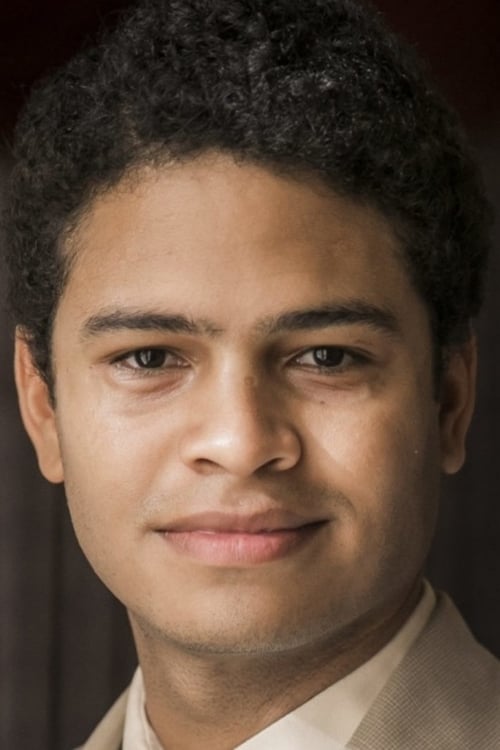
Info Pribadi
Peran Yang Di Mainkan Guilherme Ferraz
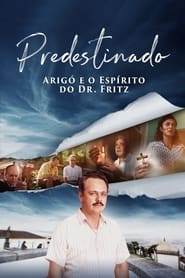 Jos Pedro de Freitas better known...
Jos Pedro de Freitas better known...The Surgeon of the Rusty Knife 2022
José Pedro de Freitas, better known as Zé Arigó, was a simple man who lived with his wife Arlete in Congonhas, Minas Gerais. During the 1950s, a time when Spiritism was not as well known and respected in the country, Arigó became a symbol of hope through his surgeries and spiritual cures. Based on a true story, Arigó, with the help of the spirit of Dr. Fritz, performed numerous spiritual surgeries on people from Brazil and the world.
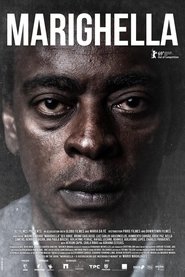 AfroBrazilian poet and politician the legendary...
AfroBrazilian poet and politician the legendary...Marighella 2021
Afro-Brazilian poet and politician, the legendary Carlos Marighella. Driven to fight against the erosion of civil and human rights following the CIA-backed military coup of 1964 and the brutal, racist right-wing dictatorship that followed, the revolutionary leaves behind his wife and son to take up arms, becoming a notorious enemy to the power structure.
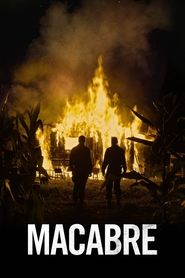 In the 1990s two brothers were...
In the 1990s two brothers were...Macabre 2019
In the 1990s, two brothers were accused of murdering eight women, one man and one child in the Serra dos Órgãos region. In the eyes of the suspects, Sergeant Téo realizes that the trial of the press, police and local society is fundamentally racist, and begins to have doubts about the conviction of one of them. Based on a true story, the film is a work of fiction about the famous case of the "Necrophil Brothers."
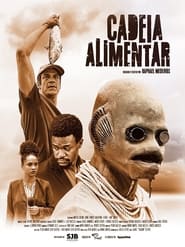 In an apocalyptic reality the film...
In an apocalyptic reality the film...Food Chain 2019
In an apocalyptic reality, the film proposes a visual metaphor based on Nature's revenge
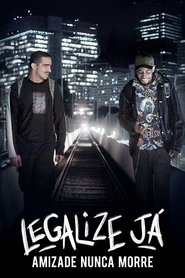 The meeting between two young guys...
The meeting between two young guys...Legalize it! 2017
The meeting between two young guys, Marcelo —in the future, Marcelo D2— and Skunk , who sold t-shirts and cassette tapes in the center of Rio de Janeiro to survive, resulted in one of the most popular bands in Brazil in the 1990’s, Planet Hemp. Suppressed by a prejudiced society, the two made of their music a cry of alertness and resistance, conquering the hearts and minds of an entire generation.
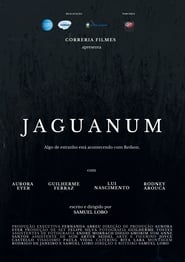 Something strange is happening to Redson
Something strange is happening to Redson